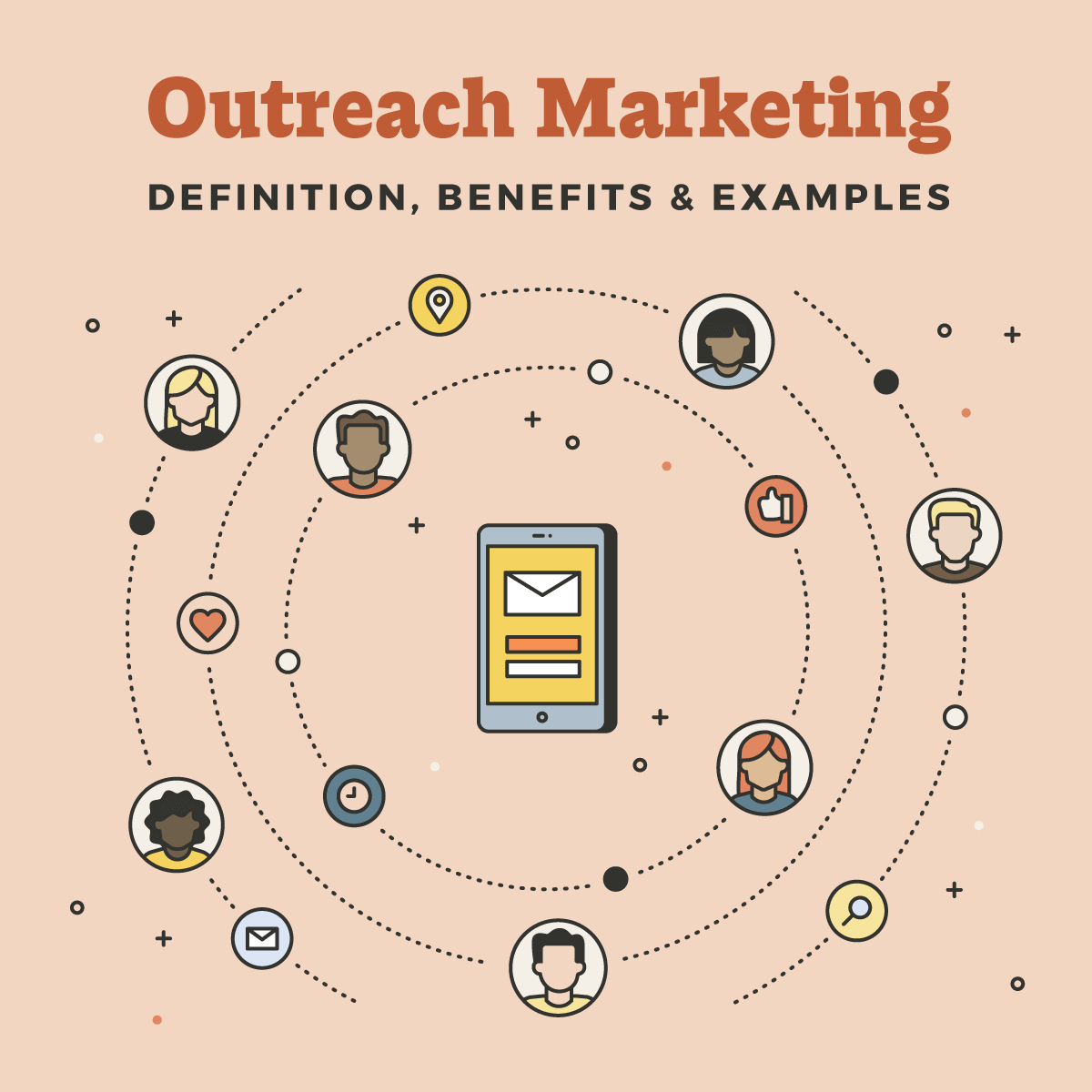10 Steps Toward Mastering Legal SEO
%20(1)%20(1).webp)
Search engine optimization (SEO) has been a critical consideration for discoverability since the early days of the Internet. At a high level, it’s the process of optimizing websites so that they’re more likely to show up on the first search engine results page (SERPs), and as close to the top as possible. This helps your site be found more often by users who may be interested in your services.
However, legal SEO has evolved a great deal over time and if you haven’t been keeping up with the trends, there’s an excellent chance that your website’s not seeing the traffic that it should. Or maybe you’re new to the legal SEO game entirely and have no idea what to do to boost visibility in the first place. In either case, these 10 steps will help you master legal SEO and move the digital marketing needle.
1. Know your audience
To master legal SEO, you need a strong foundation. That’s your audience. Every law firm has a specific audience – those injured through the negligence of others, people seeking help with drafting wills or setting up a trust, and so on. Who is your audience? What is it they want? What are they likely to search for when they jump on Google or Bing? Your website content should be tailored to educate and engage these people, while subtly positioning your firm as the answer to their challenges.
2. Know your competitors and what they’re doing
No law firm operates in a vacuum. There’s at least one other firm in your local area that is a direct competitor, and chances are good that there are many others. Mastering legal SEO requires that you know who these competitors are and what they’re doing in terms of digital marketing and online search. That can open up new roads for your efforts, help you course correct, or allow you to take advantage of obvious gaps in their marketing strategies. Don’t copy – but emulate what you feel is working for them so you can poach users to your site.
3. Target the right keywords
The basis of search engine optimization is the humble keyword. Keywords are just the words and phrases that your clients might use to locate legal assistance in their area, like “divorce lawyer near me” or “estate planning in Dallas, TX”. In most cases, those keywords correlate with the services you offer or the situations your clients are facing (wrongful death attorney, personal injury lawyer, how to set child support, etc.). In-depth keyword research is crucial for mastering legal SEO. Know the keywords that your potential clients are using, and then pepper them throughout your site content. That includes static pages like service pages, but also blog posts, guides, and other content you produce. It also includes behind-the-scenes elements, like image alt text, meta descriptions, and even your URL structure. You can use tools like SEMrush or Ahrefs to help with keyword research.
4. Optimize for mobile devices
Once upon a time, most people searched the Internet from their desktops or laptops. That is no longer true. Today, most people surf the web with their smartphones. That’s particularly true if they’re looking for something local. Mobile optimization isn’t optional. Even Google mandates that your site be mobile-friendly. The simplest option is to create a responsive site from the beginning that will automatically adjust to the device being used.
5. Go for local visibility
Unless you’re a huge international firm, there’s no point in trying to compete on a global level. Your clients are in your immediate area. Localized content, coupled with the right keywords, can dramatically improve your SEO. Add your location to your keywords and make sure it’s present in your website content. Ensure that you have local contact information on your site, too, and claim your Google Business Profile while you’re at it.
6. Avoid keyword stuffing
There’s an idea floating around out there that cramming as many keywords into your content as possible will boost your visibility in the SERPs. It’s patently untrue. Keyword stuffing is a dangerous tactic that can blow up in your face. Instead, focus on creating high-quality, original content that informs, engages, and educates.
7. Build links to establish authority
Link-building is one of the most longstanding, important steps for mastering local SEO. Links to your site from other high-relevance sites help establish authority in Google’s eyes and can raise your site’s ranking in the SERPs substantially.
8. Pay attention to website load speed
A slow-loading website isn’t just a pain for your visitors. It’s a drag on your rankings, too. The faster your site loads, the more Google likes it, because fast-loading sites generally offer a better user experience.
9. Speaking of user experience…
Take a long, hard look at the experience your visitors have on your site. Is the navigation logical and well laid out? Is the page content relevant to their search queries? Does the site offer a positive overall experience? UX is a critical concern and is becoming more important every year.
10. Stay flexible
Legal SEO isn’t static. New trends pop up, old ones die off, and everything remains in a state of flux. You must stay flexible and adaptable. Remember that what works today may not work tomorrow. Stay up to date with Google’s changes, as well as SEO trends that take into consideration how potential clients can find you online.
Grow with critical services from a legal answering service
Mastering legal SEO should result in one thing: more traffic to your website. Make sure that you’re prepared for success. Don’t let your staff be overwhelmed with emails, calls, and web chats from prospective clients. A legal answering service can help.
At Smith.ai, our experienced virtual receptionists can offer 24/7 answering, outbound calling, 24/7 website chat, lead screening and intake, appointment booking, and even payment collection services. Our goal is to help ensure your team can focus on what they do best while we handle all the rest.
To learn more, schedule a consultation or reach out to hello@smith.ai.
Related Posts

















.svg)
